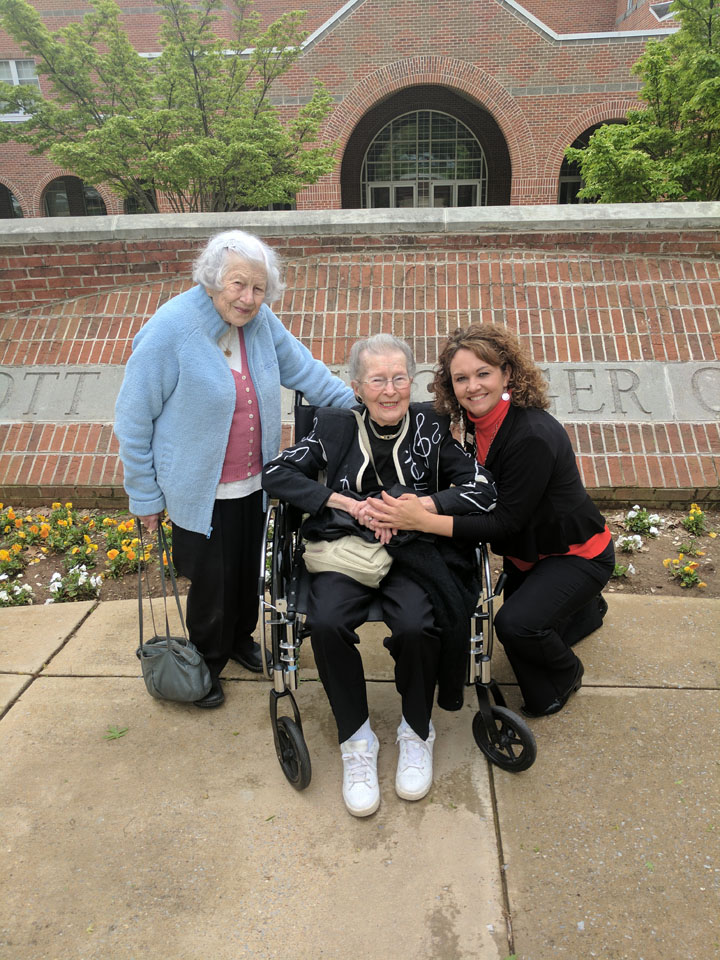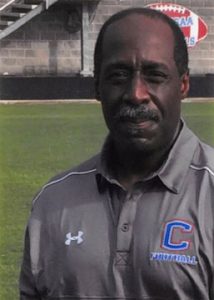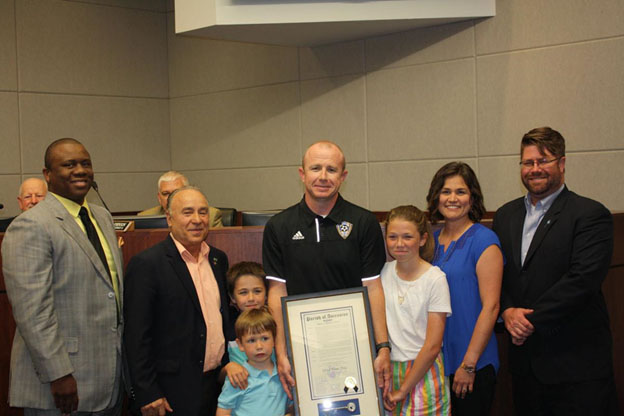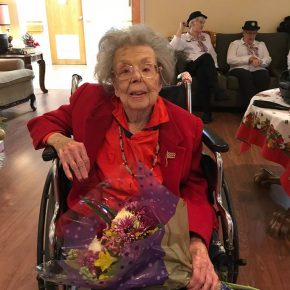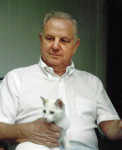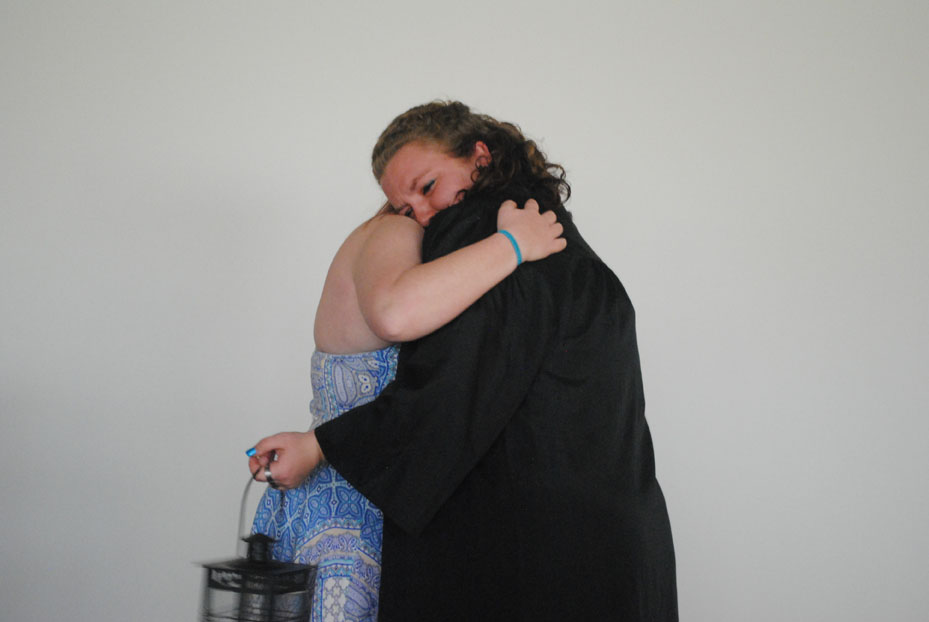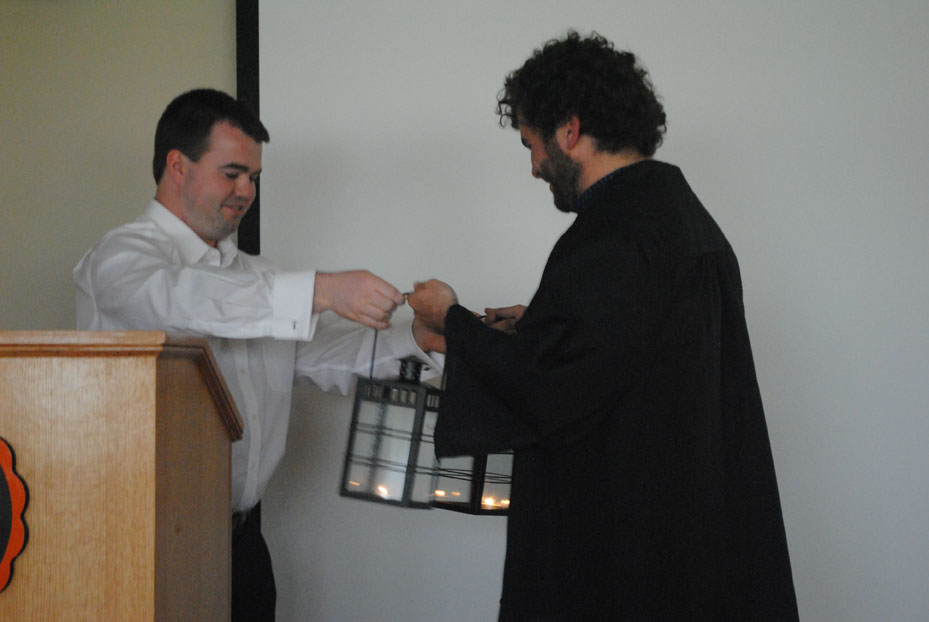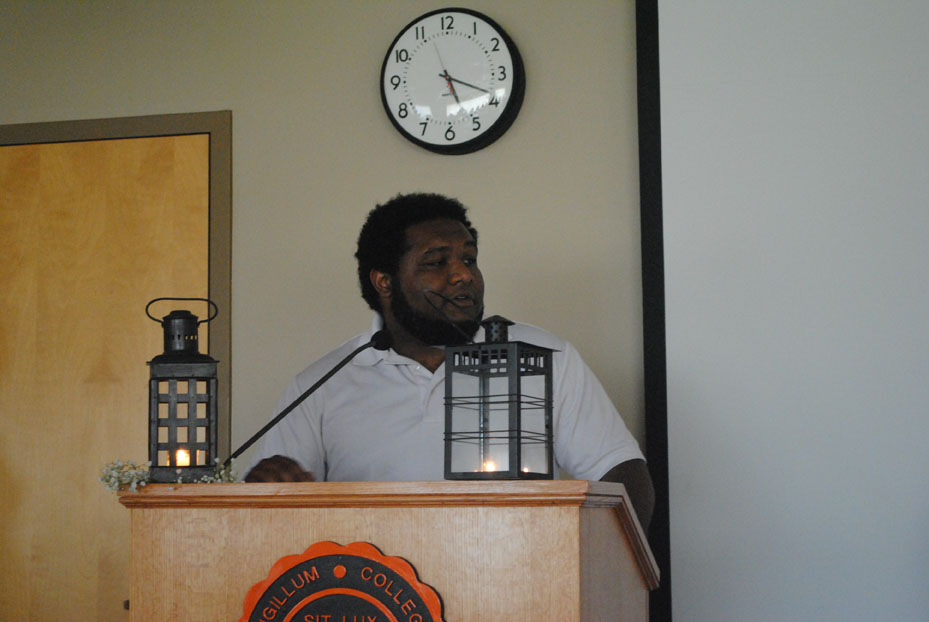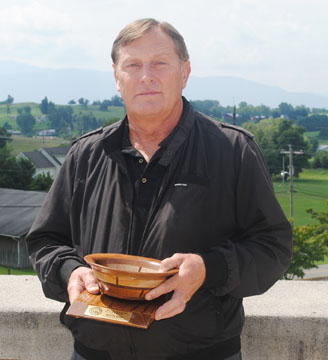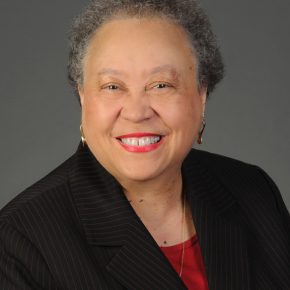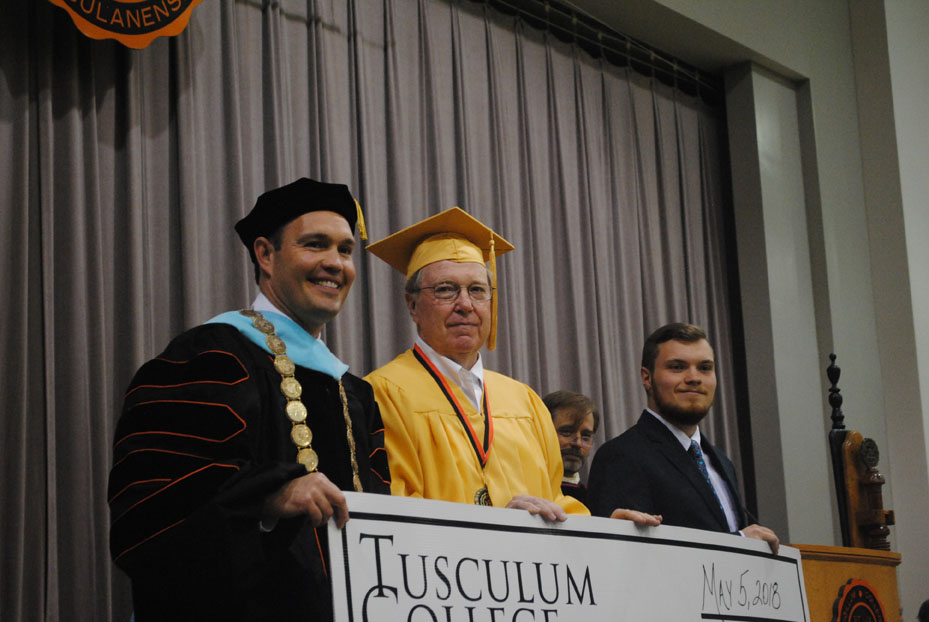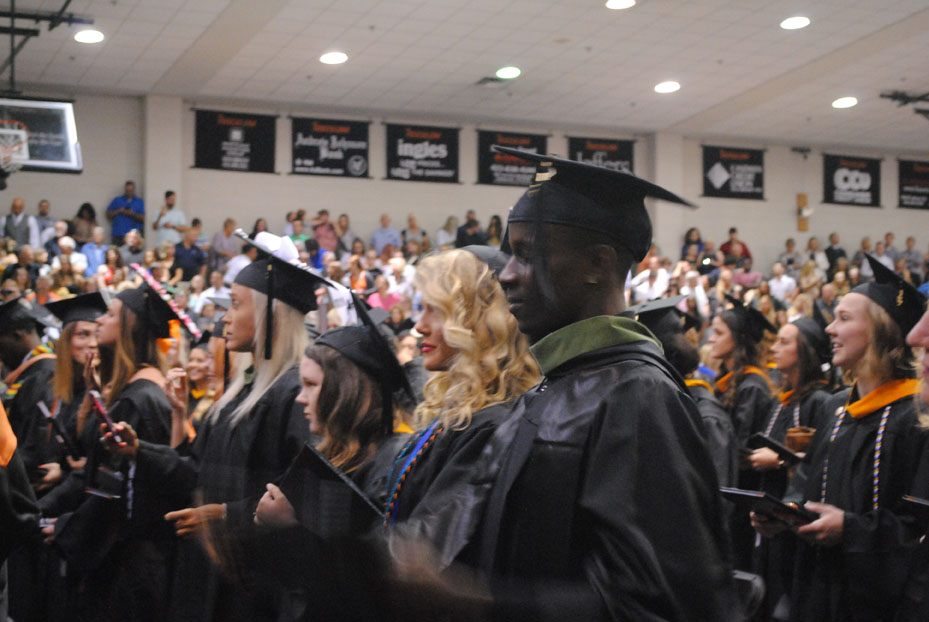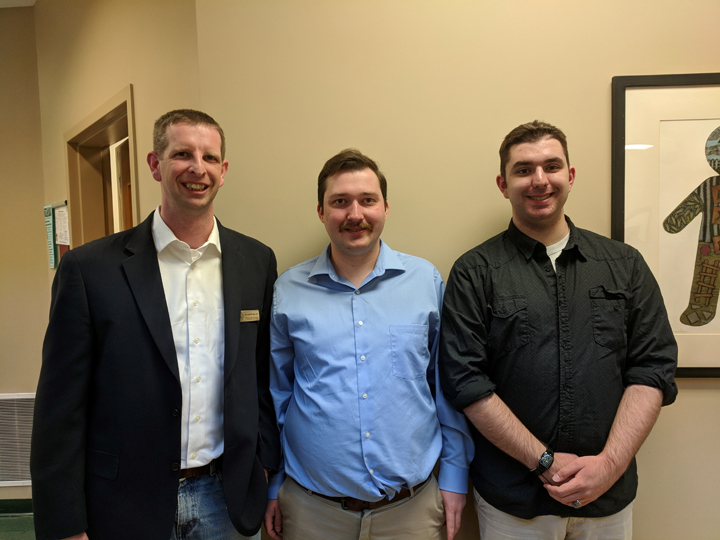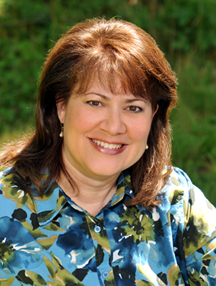Graduating seniors in the Tusculum Honors Program presented their Honors Thesis projects on Wednesday, May 2.
Karli Fisher of Greeneville, who is a biology/pre-med major with a minor in chemistry, presented her thesis on the CRISPR-Cas9 Method of Genome Editing. Her thesis presentation examined both the scientific and ethical responsibilities. She discussed potential applications of genome editing in disease screening and treatment, as well as in agricultural enhancements.
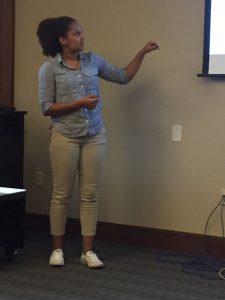
Karli Fisher
Fisher addressed the ethical concerns raised by this field of research. Although genome editing has the potential to eradicate some diseases and genetic disorders, there are important concerns about the possibility of unanticipated offsite mutations, the use of this technology to create “designer babies” and taking away future generations’ right to exist in an unaltered gene pool. Fisher stated that she is still deciding whether to attend medical school or pursue a master’s degree in biomedical ethics.
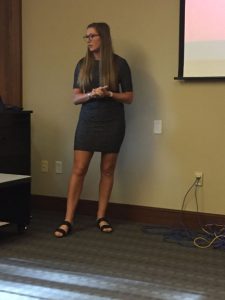
Shelby Gray
Shelby Gray of Belews Creek, North Carolina, who is majoring in sports science with minors in coaching and psychology, presented her thesis on Occupational Therapy for Stroke Patients. Her thesis combined academic research with firsthand experience and observation gained through an internship and 300 hours of shadowing occupational therapists.
Gray said she was inspired to study this subject after seeing how therapy helped her mother recover from breaking her pelvis in a fall from a horse. According to Gray, although occupational therapy does use equipment and technology, even more important is compassion and communication with the patient. With stroke patients, it is essential to understand the patient’s needs, desires and daily activities.
Gray also discussed the emerging method of mental practice, where patients can imagine and visualize step by step all the movements they will perform to complete a goal activity. Following graduation, Gray will return home to North Carolina and begin a Ph.D. in occupational therapy.
Kristen Wiggins of Johnson City, who is a double major in history and English/Creative Writing, presented her thesis titled, “King James IV: Changing Ideals and Execution of Kingship in 15th and 16th Century Scotland.” Her research examined the reign of King James IV as a bridge between the medieval and the early modern ideas of kingship.
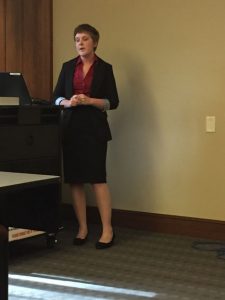
Kristen Wiggins
She analyzed James IV’s ascension to the throne, his strategic use of castle renovations and other approaches used to build support from the Scottish nobility, the role of Renaissance ideas spreading westward through Europe and intellectual changes taking place within Scotland.
Wiggins will continue this research at East Tennessee State University, where she has been admitted to the master’s program in history with a full scholarship. Her eventual goal is to obtain a Ph.D. in history from a university in Scotland.
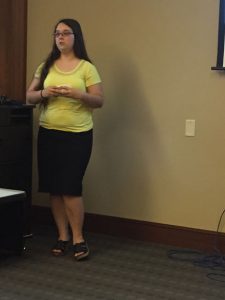
Rebekah Voiles
Rebekah Voiles, an English major from Morristown, presented her thesis titled, “A Parrot-dy: Examining the Sources and Inspiration for Pirates in Treasure Island.” She carried out this research as part of the Ronald McNair Scholars Program at ETSU. Her research involved both textual analysis and a new historicism approach to illustrate how Robert Louis Stevenson drew on earlier accounts of piracy to create the pirates portrayed in “Treasure Island,” written in 1883.
Stevenson’s depiction in this novel has shaped the popular image of a pirate as a somewhat romanticized anti-hero ever since. Voiles draws on themes of racial equality, religion and democracy to explain why “Treasure Island” was not only immensely popular in America at the time of its publication, but has had such a long lasting influence on culture.
She has been awarded a tuition scholarship to the English Master of Arts program at ETSU.
For more information on the Tusculum Honors Program, contact Dr. Mary Cooper, assistant professor of political science, at 423.636.7300 or visit www.tusculum.edu.




